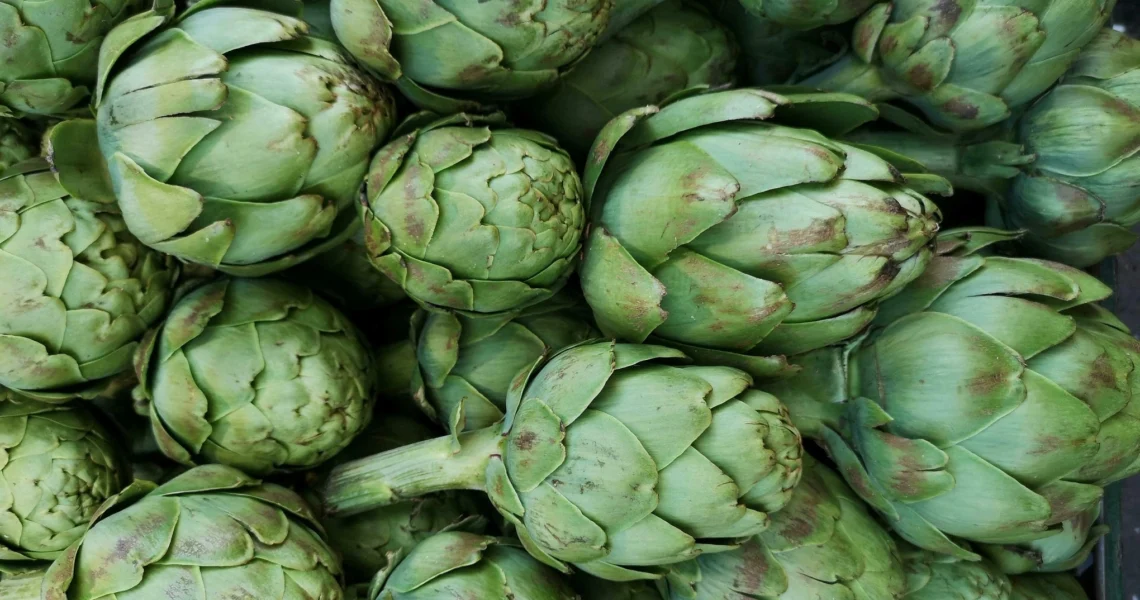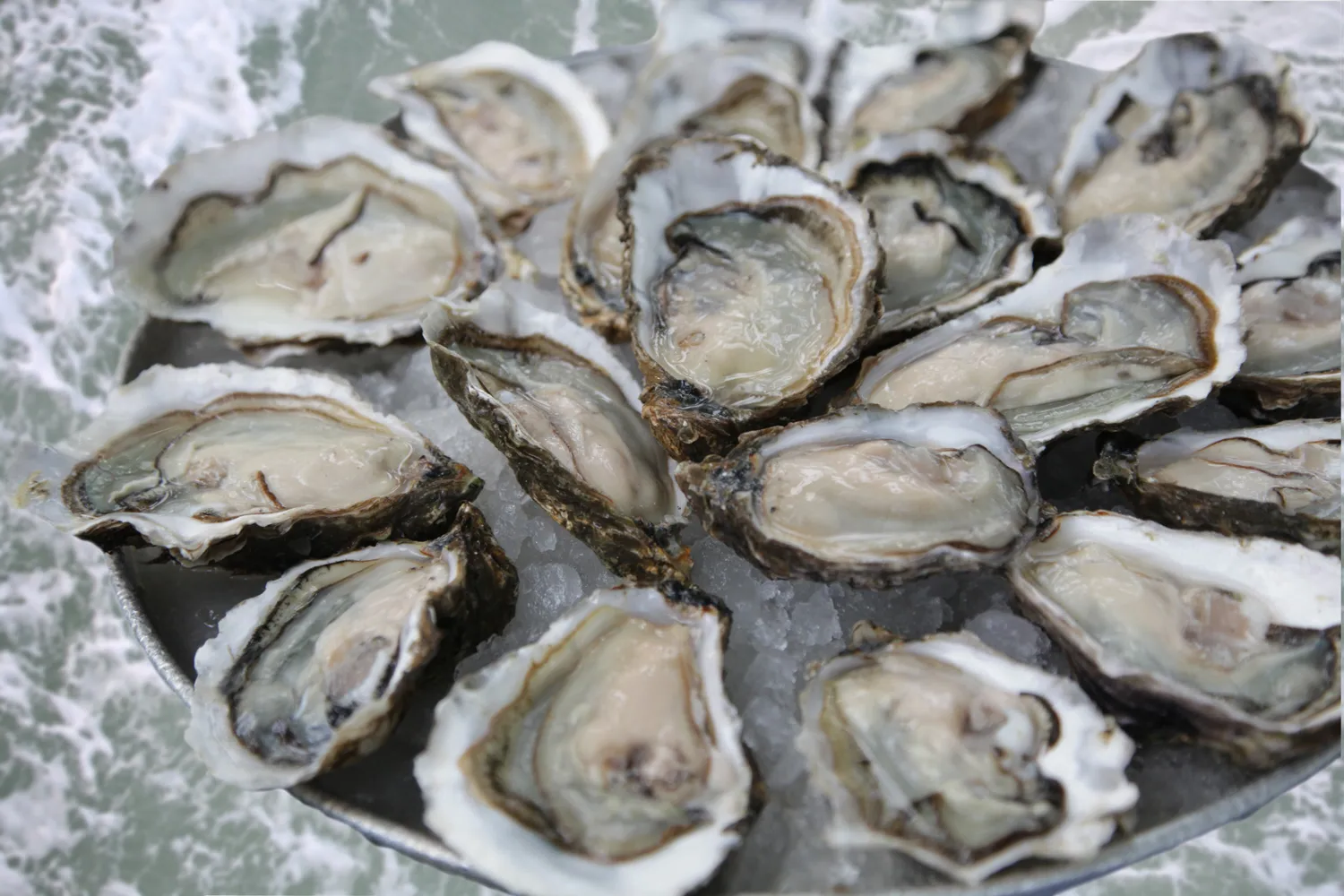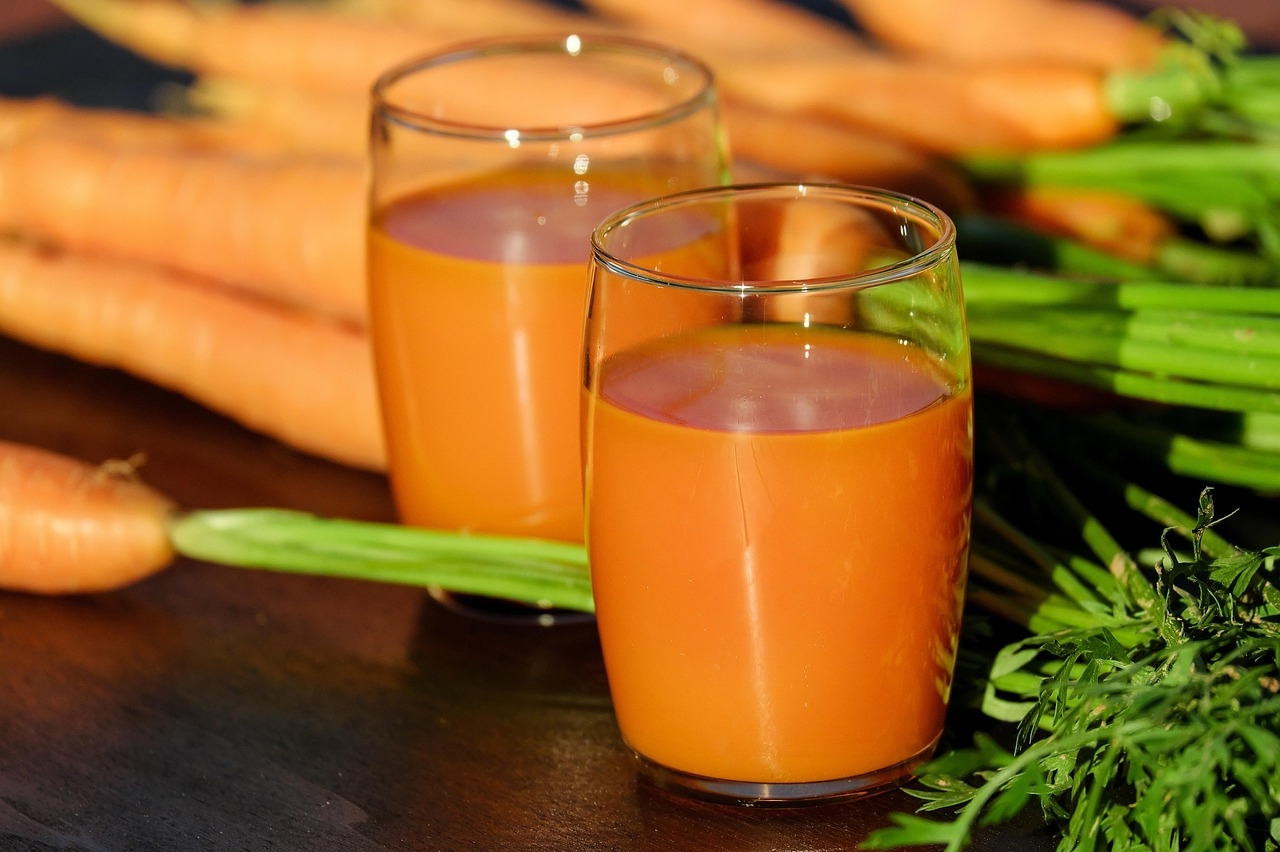Top 5 Veggies for Optimal Liver Health
The liver is one of the most hardworking organs in the human body. It acts as the body’s primary detoxification center. Everything we ingest, from food and medication to environmental toxins, passes through the liver.
Its intricate network of cells works tirelessly to neutralize harmful substances, converting them into harmless compounds that can be safely eliminated from the body. Beyond detoxification, the liver is indispensable for metabolism, playing a central role in processing fats, carbohydrates, and proteins. It also produces bile, a vital fluid necessary for the digestion and absorption of fats and fat-soluble vitamins in the small intestine. Given these continuous and multifaceted responsibilities, maintaining optimal liver health is not just beneficial; it is absolutely critical for overall well-being and systemic health.
However, the liver is constantly exposed to potential threats. Factors such as a poor diet, excessive alcohol consumption, certain medications, environmental pollutants, and chronic stress can all contribute to liver damage. This damage often stems from oxidative stress, where an imbalance between free radicals and antioxidants leads to cellular harm. When liver cells are damaged, their ability to perform essential functions is compromised, potentially leading to a range of health issues, including fatty liver disease, inflammation, and even more severe conditions.
This underscores the importance of a proactive approach to liver care, and diet plays a foundational role in this strategy. By making conscious dietary choices, we can provide the liver with the necessary nutrients and protective compounds it needs to function efficiently and defend itself against daily assaults.
1. Mustard Greens: A Detoxifying Powerhouse
Mustard greens are far more than just a leafy green; they are a nutritional powerhouse, especially when it comes to liver health. These vibrant greens are exceptionally rich in sulforaphane. This potent compound is a powerful antioxidant and possesses significant anti-inflammatory properties. Sulforaphane actively works to enhance insulin sensitivity, which is crucial for metabolic health and can directly help in reducing fatty liver.
Fatty liver disease, particularly non-alcoholic fatty liver disease (NAFLD), is a growing concern, and reducing fat accumulation in liver cells is a key step towards prevention and management. Sulforaphane goes further by actively protecting liver cells from damage. This protection extends to its ability to inhibit the growth of liver cancer cells, highlighting its remarkable chemopreventive potential.
In addition to sulforaphane, mustard greens are brimming with other vital nutrients that collectively support liver function. They are generously packed with vitamins C and E, both renowned for their powerful antioxidant capabilities, helping to neutralize free radicals. Beta-carotene, a precursor to vitamin A, also contributes to antioxidant defense. The significant fiber content in mustard greens is beneficial for overall digestive health, which indirectly supports the liver by promoting healthy waste elimination. More directly, the compounds in mustard greens work to stabilize liver enzymes.
This stabilization is crucial for the liver’s efficient operation. They also play a role in boosting the immune system, enhancing the body’s natural defenses. Furthermore, regular consumption of mustard greens actively reduces the risk of fat buildup in the liver, making them an excellent dietary choice for preventative liver care.
2. Houttuynia Cordata: The Antioxidant Defender
Houttuynia cordata, often known as “fish mint,” is a traditional herb with profound benefits for liver health, particularly due to its rich antioxidant profile. This remarkable plant is loaded with an array of natural antioxidants. These include specific compounds like caffeoylquinic acid, isoquercitrin, quercitrin, and rutin.
These potent antioxidants are critical for cellular protection. Their primary function is to neutralize free radicals, unstable molecules that can cause extensive damage to cells and DNA. By doing so, they effectively reduce oxidative stress, a major contributor to liver injury and disease progression. This protective action directly safeguards delicate liver cells from damage, preserving their structure and function.
Beyond its antioxidant prowess, Houttuynia cordata also boasts a range of other therapeutic properties that indirectly and directly support liver detoxification. It exhibits strong anti-inflammatory properties, helping to calm inflammation within the liver, which is often a precursor or symptom of liver dysfunction. Its diuretic properties assist the body in eliminating excess fluids and toxins through the kidneys, reducing the burden on the liver.
Furthermore, its immune-boosting properties strengthen the body’s overall defense mechanisms, enabling it to better combat pathogens and reduce systemic stress that could impact the liver. Collectively, these attributes highlight how Houttuynia cordata plays a significant role in promoting liver detoxification, making it a valuable addition to a liver-healthy diet.
3. Centella Asiatica: Guarding Against Toxins
Centella asiatica, commonly known as Gotu Kola, is a revered herb in traditional medicine, particularly noted for its protective effects on the liver. One of its most significant benefits is its ability to help prevent liver damage caused by various toxins, including the particularly insidious effects of alcohol. Alcohol consumption places a tremendous burden on the liver, as it must metabolize and detoxify alcohol and its byproducts, which can lead to inflammation and fatty liver disease. Centella asiatica steps in as a protective agent, potentially mitigating these harmful effects.
This beneficial plant also actively stimulates both liver and gallbladder function. By doing so, it directly increases bile production. Bile is crucial for the emulsification of fats, making them easier to digest and absorb. More efficient bile production also means improved elimination of toxins from the liver, as bile acts as a carrier for waste products. This enhanced bile flow significantly improves digestion, which in turn reduces the overall metabolic load on the liver.
Furthermore, the inherent anti-inflammatory properties of Centella asiatica are vital. Liver inflammation is a common response to injury or disease; by reducing this inflammation, Centella asiatica helps to protect the liver from further inflammation and cell damage, supporting its recovery and maintaining its integrity. Its comprehensive action makes it an excellent herb for safeguarding liver health in the face of various harmful exposures.
4. Artichoke: Regenerating and Detoxing
The artichoke is not just a culinary delight; it is a profound medicinal vegetable, especially beneficial for liver health. It contains two powerful active compounds: cynarin and silymarin. These compounds are well-researched for their profound impact on liver function. They play a crucial role in aiding detoxification, helping the liver to process and eliminate toxins more efficiently.
More remarkably, cynarin and silymarin are known for their ability to protect the liver from various forms of damage and, importantly, to promote the regeneration of damaged liver cells. This regenerative capability is particularly significant, as the liver is one of the few organs in the body with the ability to repair itself, and artichoke compounds appear to support this natural healing process.
For individuals suffering from non-alcoholic fatty liver disease (NAFLD), regular consumption of artichoke can yield significant improvements. Studies have shown that it can significantly lower liver enzymes ALT and GGT. Elevated levels of these enzymes in the blood are indicators of liver inflammation and damage. By reducing these markers, artichoke demonstrates its capacity to improve overall liver function and reduce the burden on the organ.
Beyond its cellular protective and regenerative effects, artichoke also actively stimulates bile secretion. This enhanced bile flow is vital for efficient digestion, particularly of fats. Artichoke is incredibly versatile in the kitchen; it can be cooked with mushrooms, meat, or fish, offering a delicious way to incorporate its benefits. Alternatively, it can be prepared as an herbal tea for a simple yet effective way to cleanse the body and support daily liver detoxification.
5. Perilla: Fat Reduction and Metabolic Balance
Perilla, a fragrant herb often used in Asian cuisine, offers unique benefits for liver health, primarily focusing on its metabolic functions. This plant contains a natural compound called perillartine, which plays a direct role in supporting liver function. One of its key contributions is its ability to help reduce fat accumulation in liver cells. This is highly significant in the context of fatty liver disease, where excessive fat buildup can impair liver function and lead to inflammation. By actively working to minimize lipid deposition, perillartine helps maintain the structural integrity and healthy functioning of liver cells.
Furthermore, perillartine is instrumental in regulating glucose metabolism. A healthy glucose metabolism is essential for preventing conditions like insulin resistance, which is often linked to non-alcoholic fatty liver disease. By improving how the liver processes glucose, perillartine contributes to better overall metabolic balance. It also acts to inhibit genes involved in lipid synthesis. This means it can help turn down the body’s natural production of fats, further preventing their unwanted accumulation in the liver.
Beyond these actions, perillartine actively promotes mitochondrial growth and energy balance. Mitochondria are the “powerhouses” of cells, responsible for energy production. By enhancing their growth and ensuring proper energy balance, perillartine effectively enhances liver efficiency, enabling the liver to perform its numerous metabolic and detoxification tasks with greater vitality.
Holistic Approach to Liver Protection
Dr. Doan Vinh Binh underscores that relying solely on specific vegetables, while beneficial, is only one part of a comprehensive strategy for liver protection. He emphasizes a holistic approach that integrates several key lifestyle components. Firstly, maintaining a balanced and nutritious diet, rich in varied fruits, vegetables, and whole grains, is foundational. This provides a spectrum of vitamins, minerals, and antioxidants essential for liver health. Secondly, regular exercise is critical. Physical activity helps manage weight, improve insulin sensitivity, and reduce the risk of fatty liver disease. It also enhances overall circulation and metabolic health, indirectly supporting liver function.
Thirdly, Dr. Binh advises routine health check-ups. These regular medical assessments can detect potential liver issues early, often before symptoms become severe, allowing for timely intervention and treatment. Early detection is often key to successful management of liver conditions. Fourthly, ensuring full vaccination to prevent liver diseases is paramount. Vaccinations against hepatitis A and hepatitis B, for example, can prevent viral infections that are common causes of acute and chronic liver damage, including cirrhosis and liver cancer.
Beyond dietary vegetables, Dr. Binh also mentions the benefits of certain natural herbs. Silybum marianum (milk thistle) is particularly well-known for its liver-protective properties, primarily due to its active compound, silymarin. Silymarin helps shield liver cells from toxins and promotes their regeneration. Another notable herb is wasabia (wasabi plant). Both milk thistle and wasabi can help regulate Kupffer cells. Kupffer cells are specialized macrophages residing in the liver.
They are the liver’s first line of defense against harmful substances, acting as immune cells that engulf bacteria, toxins, and cellular debris. By modulating the activity of these cells, these herbs can further promote detoxification and enhance overall liver protection.
Finally, Dr. Binh issues a crucial piece of advice: those with existing liver conditions should never self-treat with diet or supplements alone. It is absolutely essential to consult a gastroenterologist or hepatologist. These specialists can provide a thorough evaluation of the liver condition, accurately diagnose the underlying cause, and recommend timely and appropriate medical treatment.
While diet and herbs can offer supportive benefits, they are not substitutes for professional medical care, especially when dealing with complex or advanced liver diseases. A collaborative approach involving medical professionals, dietary changes, and healthy lifestyle habits offers the best pathway to maintaining and restoring liver health.






